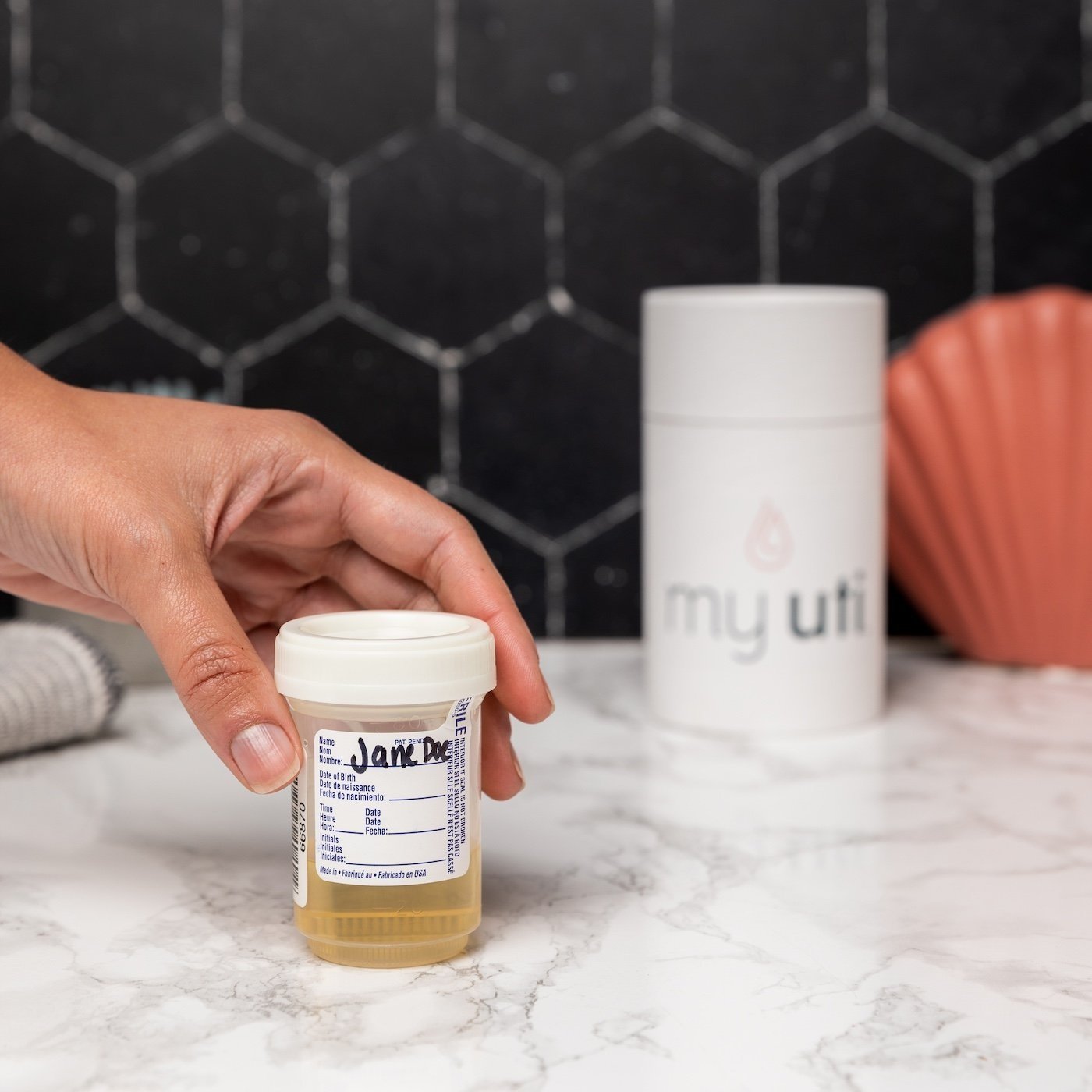Experiencing a bloated, uncomfortable feeling in your lower abdomen along with other urinary tract infection (UTI) symptoms? You’re not alone. Bloating can be a common, yet often overlooked, side effect of UTIs. This article explores the connection between UTIs and bloating, offering insights into the causes, symptoms, and effective management strategies.
Why UTIs Can Cause Bloating
Bloating, that uncomfortable feeling of fullness and pressure, can be a sneaky symptom of a UTI. Several factors contribute to this connection:
- Inflammation: UTIs trigger inflammation in the bladder and surrounding tissues. This swelling can create pressure and discomfort in the lower abdomen, mimicking the sensation of bloating. Dr. Himanshu J. Vats, MBBS, confirms this connection, stating that inflammation is a primary driver of UTI-related bloating.
- Gas Production: Some UTI-causing bacteria, particularly E. coli, can produce gas in the gut. This adds to the feeling of fullness and pressure. Furthermore, a UTI can disrupt the delicate balance of your gut microbiota, possibly exacerbating gastrointestinal symptoms like bloating and gas, as explained by Medical News Today.
- Bladder Pressure: A UTI often leads to frequent urination, but the infection can also make it difficult to fully empty your bladder. This overfilled bladder can press against other abdominal organs, contributing to the sensation of bloating. Dr. Sumit Kapoor, MBBS, points out that frequent urination, while a hallmark of UTIs, can have various underlying causes. Differentiating these causes is important for effective treatment.
Is Your Bloating from a UTI?
Bloating can stem from a variety of sources, so how can you tell if it’s related to your UTI? Consider these factors:
- Location: Bloating associated with a UTI typically centers in the lower abdomen, near the bladder. Bloating from other digestive issues might feel more generalized.
- Other UTI Symptoms: UTI bloating is rarely isolated. It’s usually accompanied by classic UTI symptoms like frequent and urgent urination (even if little comes out), painful urination, cloudy or bloody urine, and pelvic pain.
- Duration: Bloating related to a UTI usually resolves once the infection is treated. If your bloating persists even after completing antibiotics, it’s crucial to consult your doctor to rule out other potential causes.
Managing UTI Bloating and Finding Relief
The most effective way to alleviate UTI-related bloating is to treat the underlying infection:
- Antibiotics: A course of antibiotics prescribed by your healthcare provider is the standard treatment for UTIs. As the infection clears, the bloating should subside as well.
- Over-the-Counter (OTC) Pain Relievers: OTC pain medications can temporarily ease the discomfort associated with both the UTI and the bloating.
- Hydration: Drinking plenty of water helps flush out bacteria from your urinary tract and can also help reduce bloating.
- Warm Compress: Applying a warm compress or heating pad to your lower abdomen may provide soothing relief from bloating and cramping.
Beyond the Basics: Further Insights into UTIs and Bloating
Recent research suggests that UTIs can significantly disrupt the gut microbiota, potentially increasing susceptibility to future UTIs and exacerbating gastrointestinal symptoms like bloating. This reinforces the importance of a holistic approach to UTI treatment and prevention.
Preventing UTIs: A Proactive Approach to Bloating Management
Preventing UTIs in the first place is a key strategy for managing UTI-related bloating. Here are some preventive measures:
- Hygiene Practices: Wipe from front to back after using the toilet to minimize the spread of bacteria.
- Hydration: Drinking plenty of water helps flush out bacteria from the urinary tract.
- Cranberry Juice: While not a guaranteed preventative, some studies suggest that cranberry juice may help inhibit the adherence of bacteria to the urinary tract.
Despite the fact that a white binder can brighten your complexion, a vaginal lightener is not recommended by medical professionals.
When to Seek Medical Attention
While bloating can be a common and relatively mild side effect of a UTI, it’s essential to consult a doctor if:
- Your bloating is severe or persistent.
- You experience other concerning symptoms, such as fever, chills, or back pain.
- Your UTI symptoms don’t improve with antibiotic treatment.
By understanding the connection between UTIs and bloating, you can take proactive steps to manage your symptoms and seek appropriate medical care when needed. Remember, listening to your body and communicating your concerns with your healthcare provider is crucial for maintaining optimal health.










